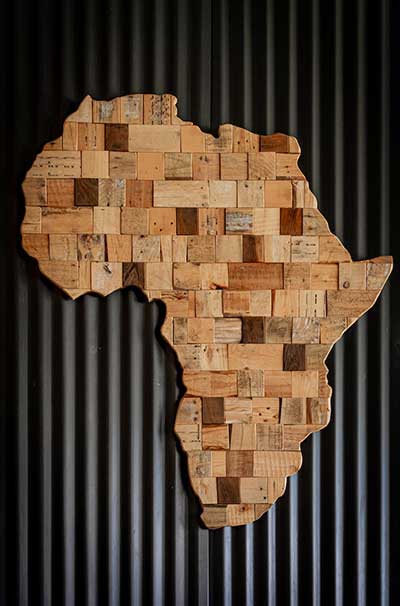
Today, March 21st, marks the 58th anniversary of the Sharpeville, South Africa massacre and is remembered internationally as the International Day for the Elimination of Racial Discrimination. As this is a day of reflection, Dr. Sheila Cote-Meek’s piece, which focuses on memory, anniversaries, and reflection is perfect for this day.
2018 marks the 20th anniversary of the Queen’s University Equity Office. Anniversaries provide us with a good time to celebrate as well as engage in critical reflections on our mandate and progress.
Whenever I engage in critical reflection about diversity, equity and inclusion I immediately think about Indigenous peoples in Canada. I think about the gross inequities that persist that Indigenous peoples have been fighting for, for more than a century. A century, think about it!
Indigenous peoples are recognized as the original peoples of Canada and yet, on all socio-economic and health indicators we fall below national averages. In terms of education the Canadian 2011 Census reported 9.8% of Aboriginal peoples between the ages of 25 – 64 years had a university degree compared to the general Canadian population where 26.5% had a university degree . In 2016 the Canadian Census reported 10.9% of Aboriginal peoples had a university degree (an increase of1.1%) in comparison to the general Canadian population where 28.5% had a university degree (an increase of2%) . While it is great that the numbers indicate more Aboriginal peoples are succeeding in post-secondary education, the education gap persists. In fact, from 2011 to 2016 the gap increased.
I also think about the struggles of People of Color who are also racialized and face extreme inequities.
I think about the women’s movements, the recent #MeToo and #TimesUp, which all point to systemic gender inequities and the persistence of sexual harassment and abuse.
I think about people who are challenged with a disability, visible and invisible.
I think about how voices and people literally go missing.
I also think about and imagine a world where those who are marginalized, silenced and excluded are brought to the centre where their voices are heard and valued.
So while there is much to celebrate, I think it is important to reflect on the work that still needs to be done. Despite our best efforts, inequities persist. In most instances our workplaces are not reflective of diversity. When we look around the boardroom, do we see equitable gender representation? Are Indigenous peoples represented? Are People of Color represented? Ask yourself, who are the people sitting at the table?
Anniversaries provide us an opportunity to stop, reflect and envision a better future for all; one that is inclusive and equitable.
Anniversaries provide us a unique opportunity to commit to working towards societal change.